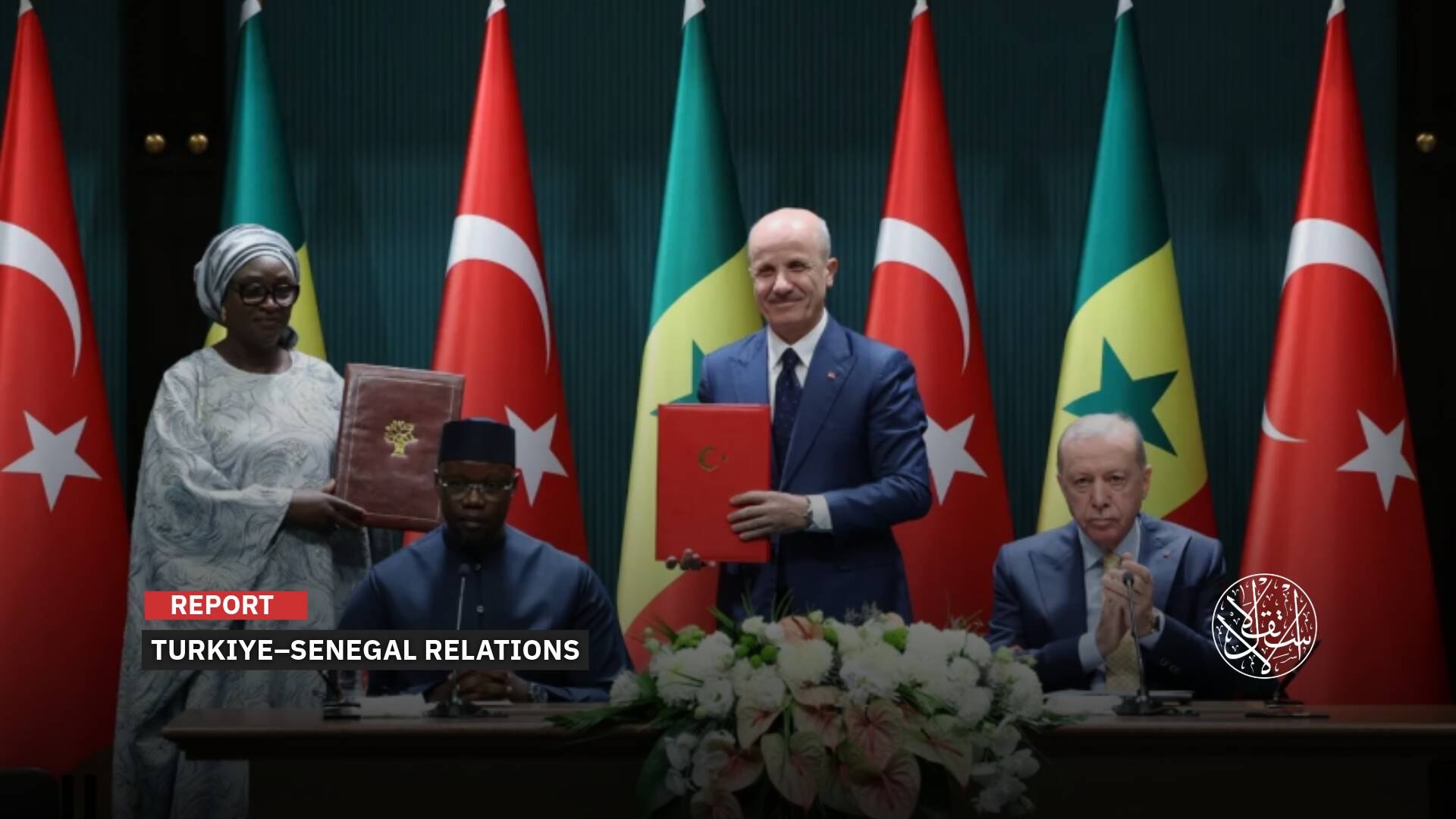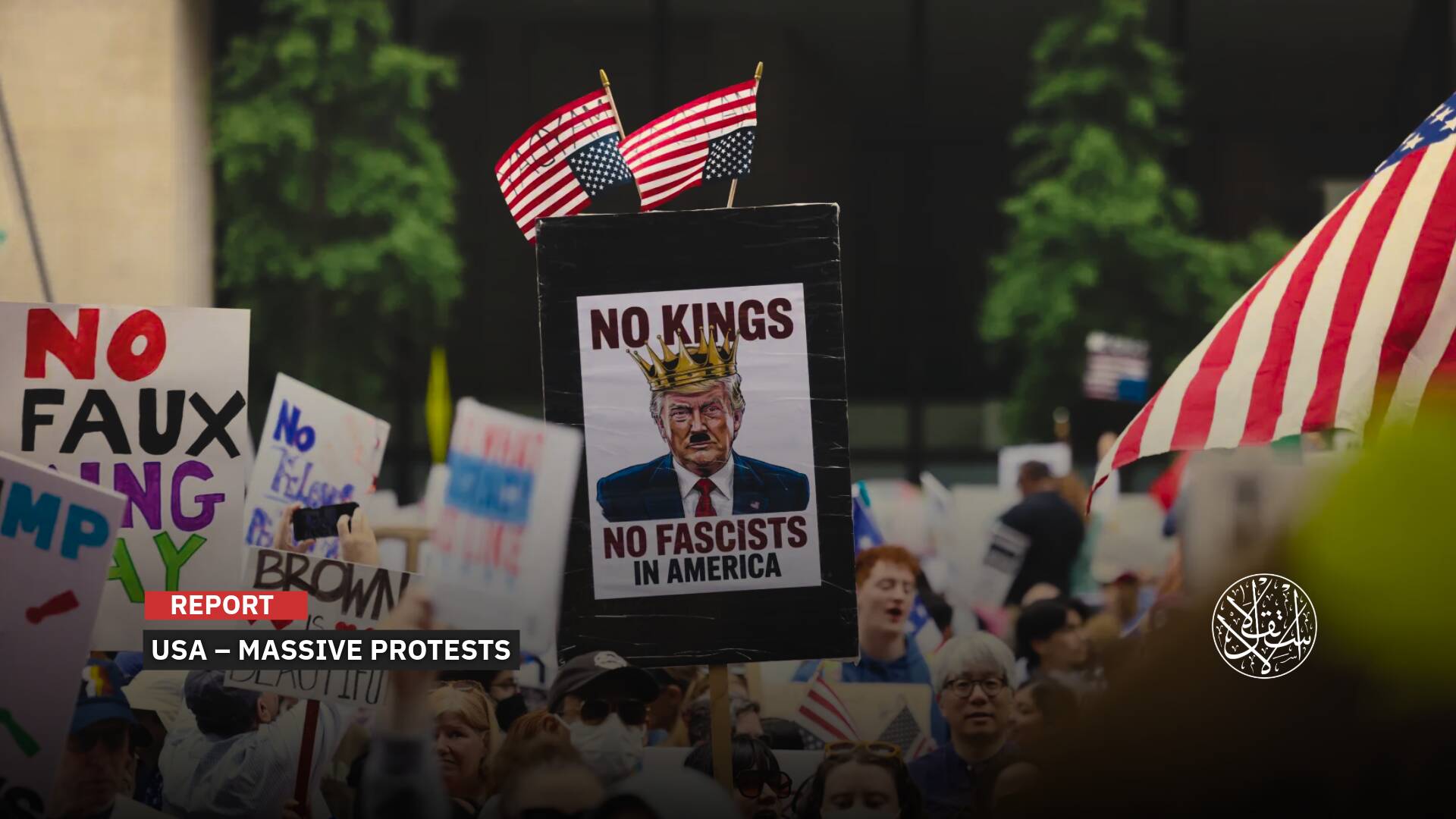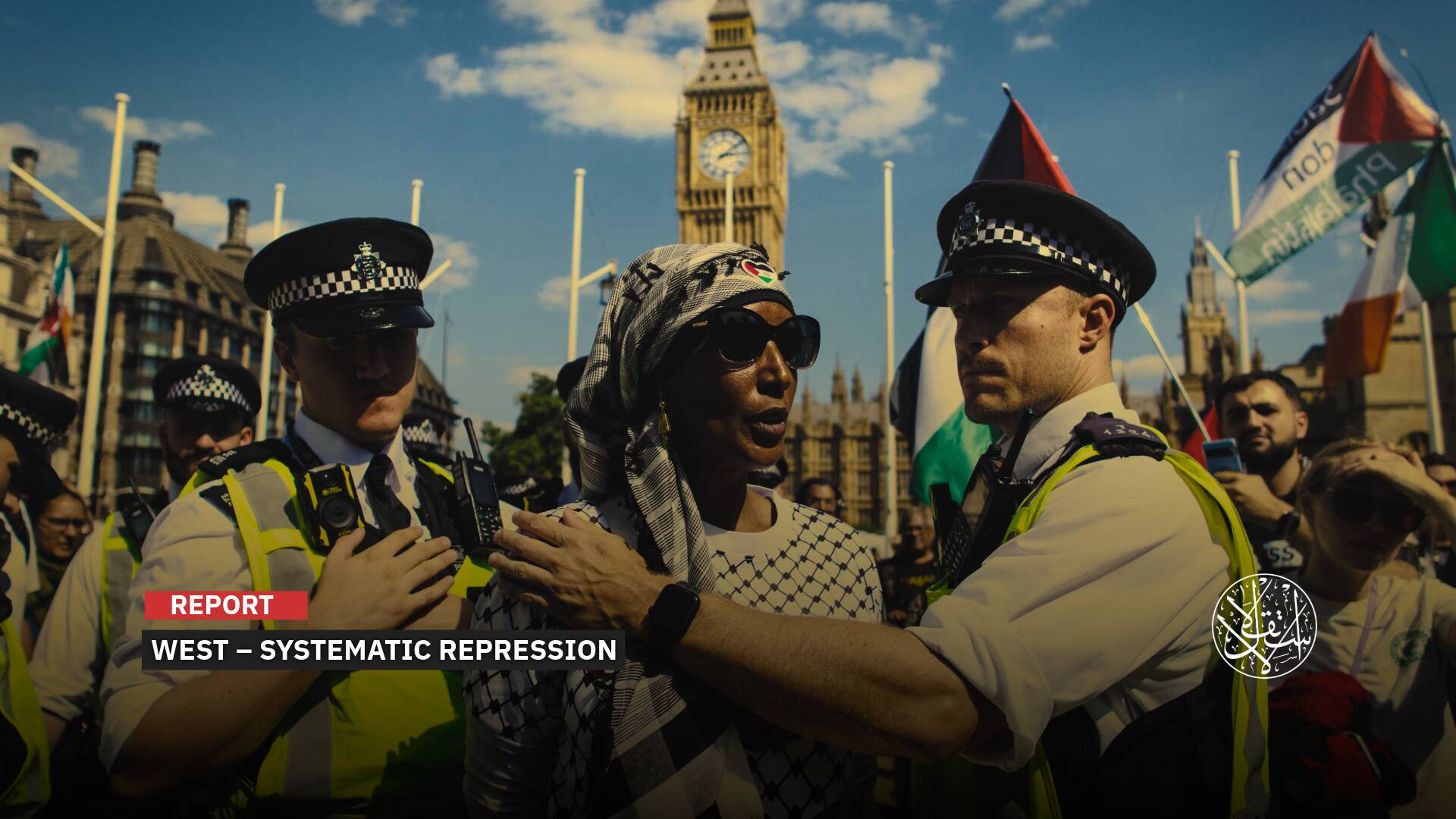After Palestine Barred from General Assembly, What Options Remain for the UN?
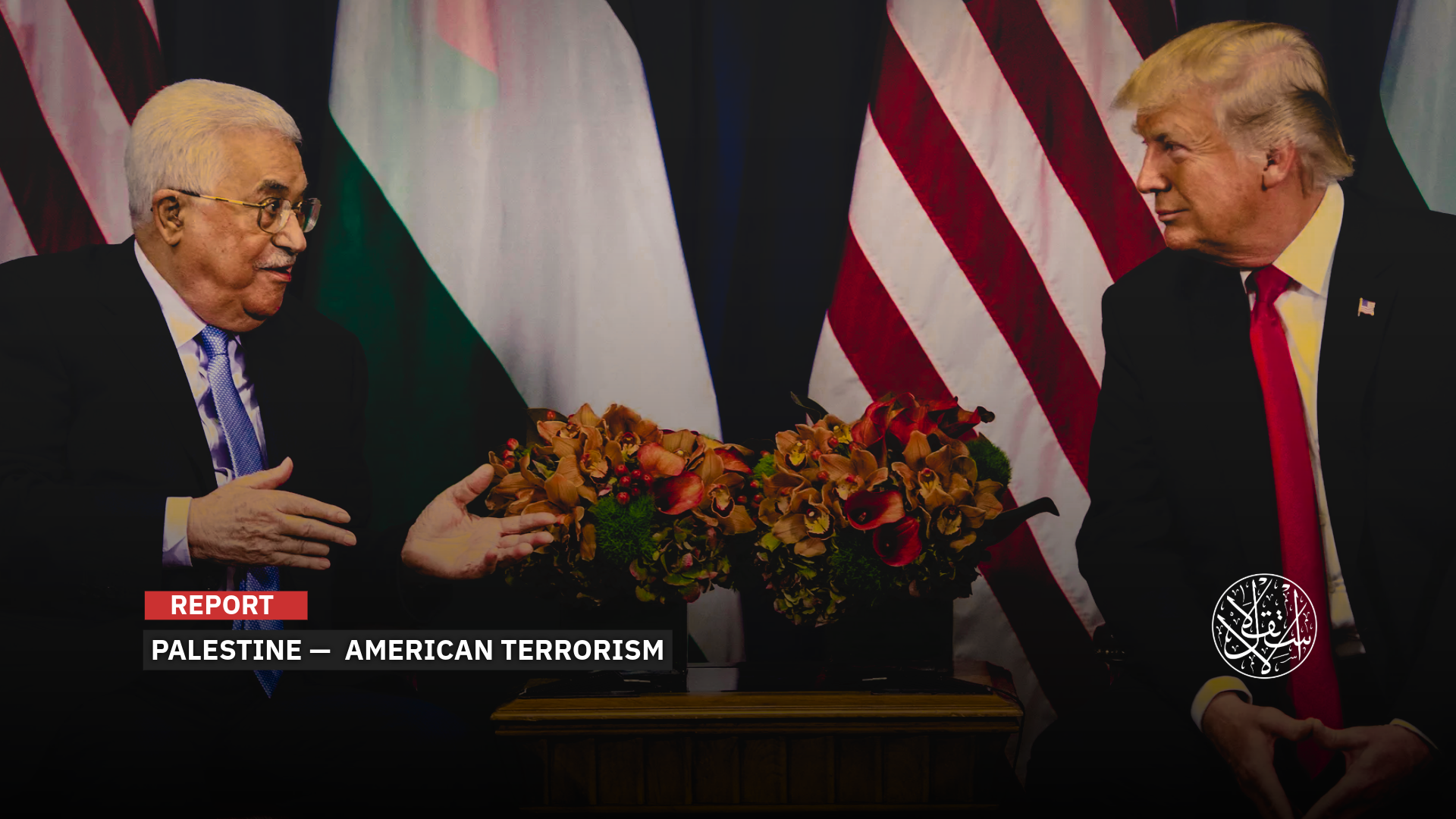
Visas were withheld over fears that the General Assembly could turn into a celebration of recognition for the State of Palestine.
Just days before the UN General Assembly meets from September 9 to 23, 2025, the United States barred Palestinian President Mahmoud Abbas and the entire Palestinian delegation from entry, in violation of the UN headquarters agreement.
On August 29, Washington announced it would not issue visas to Palestinian Authority officials to attend the General Assembly, where many countries plan to recognize a Palestinian state.
The stated reason for the ban, which affects about 80 other Palestinian officials, was Ramallah’s appeal to the International Criminal Court and the International Court of Justice to condemn the Israeli Occupation.
But the real motive for withholding visas was fear that the General Assembly would turn into a celebration of recognition for the State of Palestine, and an attempt to block that outcome.
The restrictions mean Abbas will not be able to travel to New York to deliver his annual speech.
In response, some states and politicians have begun floating the idea of moving UN meetings out of New York, pointing to past precedents.
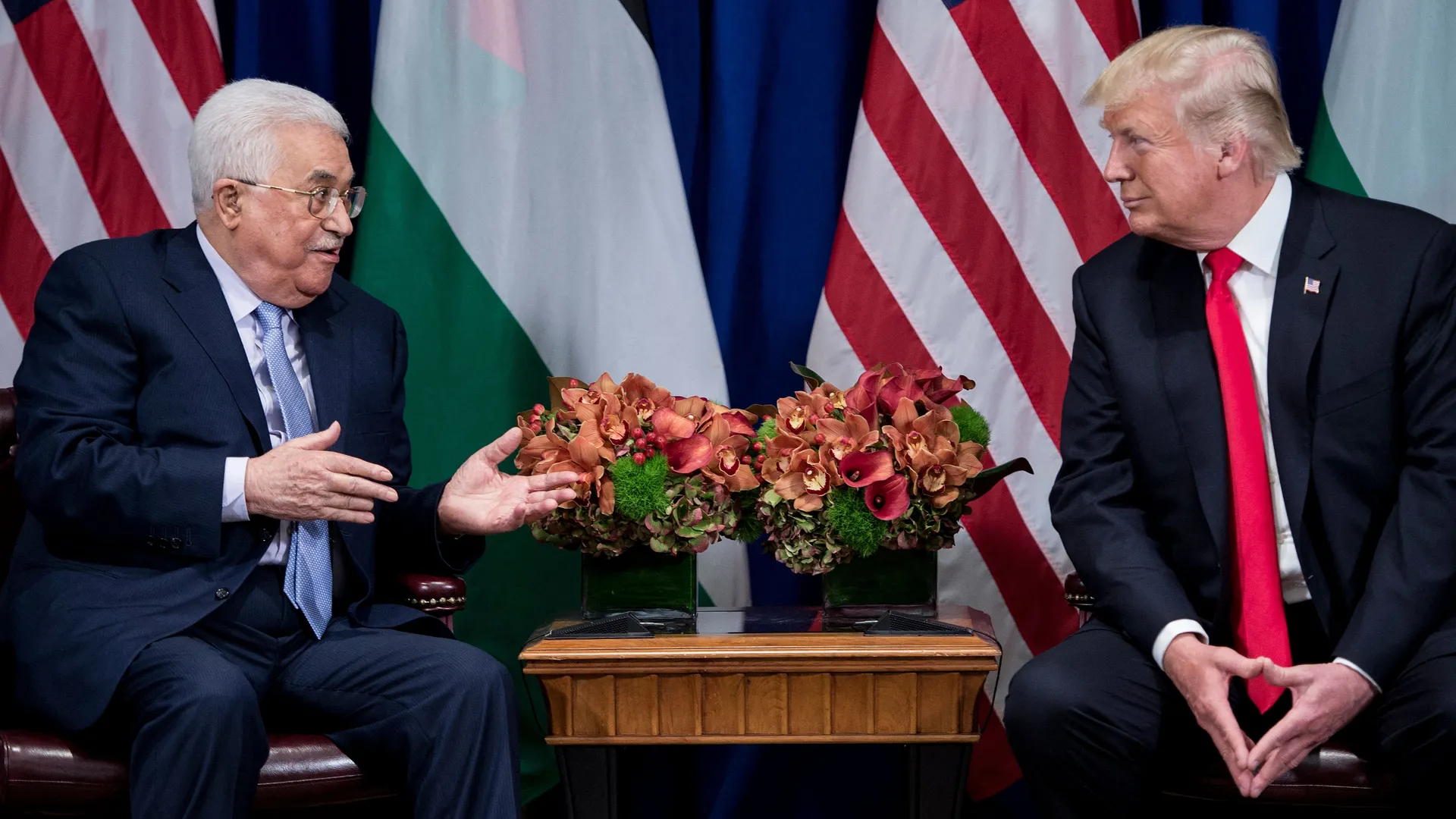
American Terrorism
Although President Donald Trump previously met Mahmoud Abbas, it came as a surprise when the United States announced it would not grant him a visa, citing “terrorism” as the reason.
“Before they can be taken seriously as partners for peace, the PA and [Palestine Liberation Organization] must repudiate terrorism, lawfare campaigns at the [International Criminal Court] and [International Court of Justice], and the pursuit of unilateral recognition of statehood,” State Department Principal Deputy Spokesperson Tommy Pigott said in a statement.
He added that the Trump administration does not reward “terrorism.”
Washington also claimed the ban was in its “national security interest” and blamed the Palestinian Authority and the PLO for “failing to meet commitments and undermining prospects for peace.”
The irony is that Abbas had already condemned the Hamas attack of October 7, 2023, after facing heavy Israeli criticism for not issuing a strong enough denunciation. Yet he was still barred on grounds of “terrorism.”
The actual reason, also openly stated, was Ramallah’s “legal war” against the Israeli Occupation, taking it to the International Criminal Court and the International Court of Justice over its genocide in Gaza.
The State Department said the Palestinian Authority must halt attempts to bypass negotiations through international legal warfare and efforts to secure unilateral recognition of “a virtual state.”
Analysts see the visa denial as retaliation meant to intimidate Ramallah into abandoning its push to prosecute “Israel” internationally and into aligning with Israeli Occupation demands.
Visas have increasingly become a U.S. weapon, denying entry to officials from rival states despite violating the UN headquarters agreement, which requires New York to remain a neutral host.
Each time Washington violates the Headquarters Agreement by refusing visas to delegates from certain countries, the State Department claims it is still in compliance, this time pointing to the presence of the Palestinian Mission at the United Nations as proof.
It argued that the Palestinian Authority’s UN Mission, which includes officials permanently based in New York, would not be affected by the restrictions, claiming this demonstrates compliance with its agreement with the United Nations.
Observers say the true motive in this case lies in Washington’s alignment with “Israel’s” efforts to annex the West Bank and end Oslo, a stance echoed in Israeli Occupation meetings to extend sovereignty over the territory and in Finance Minister Bezalel Smotrich’s plan to split it with settlements.
By April 2025, 149 of the UN’s 193 member states had recognized the State of Palestine, more than 75% of the membership. After Operation al-Aqsa Flood and the subsequent Israeli war of genocide and starvation in Gaza, the momentum for recognition grew.
In late July 2025, more than 15 Western countries, including France, Canada, Australia, New Zealand, and Portugal issued a joint call for recognition and a ceasefire.
Several others, including the United Kingdom, Malta, San Marino, and Luxembourg, announced plans to recognize the State of Palestine during the General Assembly meetings.
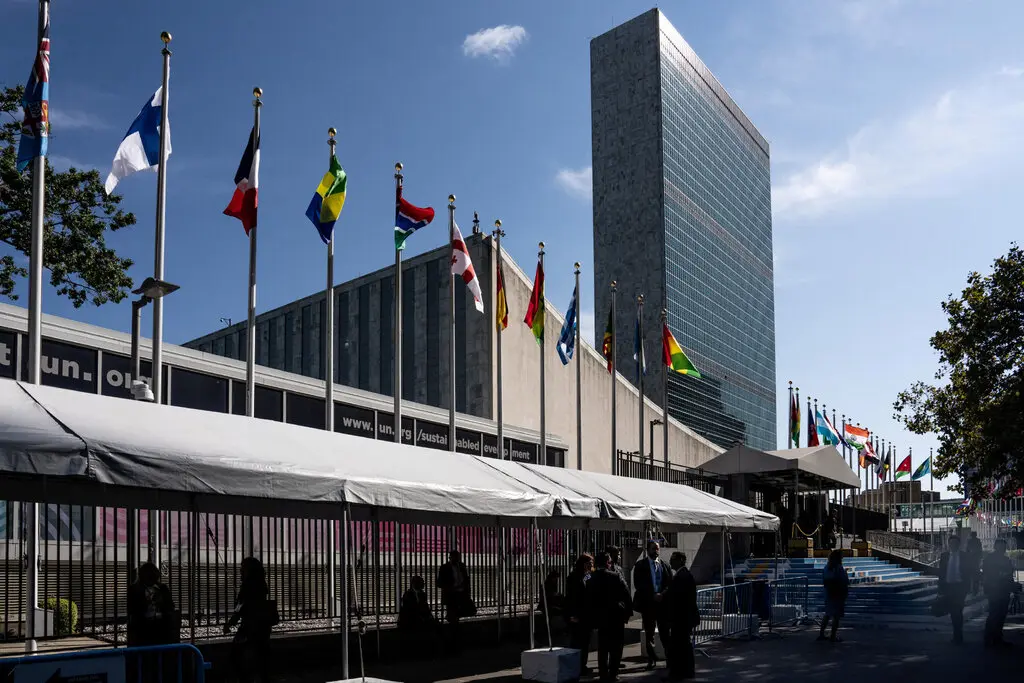
Shifting the Assembly Venue
Amid widespread condemnation of Washington’s decision, some governments and political leaders called for the United Nations to move its meetings out of the United States. Others suggested holding only the next General Assembly in a different country so long as Washington controls who may attend.
Luxembourg was among those proposing alternatives. Its foreign minister, Xavier Bettel, said on August 30 in Copenhagen that the next session could be held in Geneva to ensure Palestinian participation, adding that Palestine cannot simply be excluded from the dialogue.
French Foreign Minister Jean Noel Barrot also denounced the ban, insisting that access to the UN headquarters in New York cannot be subject to any restrictions. Spain joined in, with Prime Minister Pedro Sanchez telling Mahmoud Abbas in a phone call that Madrid stands with him, calling the U.S. decision “unjust.” On X, Sanchez said Palestine has the right to be heard at the United Nations and that attacks on civilians in Gaza are inhumane and must stop immediately, alongside unrestricted humanitarian access.
Axios reported on August 29 that the visa ban was tied to a planned initiative by several Western countries to recognize Palestine at the annual global gathering. The outlet said the Trump administration aimed to deter Abbas from issuing a declaration of independence during his speech, a move Palestinian officials were weighing. According to a source familiar with the matter, Israeli Foreign Minister Gideon Sa’ar pressed his U.S. counterpart Marco Rubio to block the visas and later thanked him once the decision was made.
Abbas had also planned to attend the annual high-level UN General Assembly in Manhattan, where the United Kingdom, France, Australia, and Canada were set to formally recognize Palestine, Reuters reported on August 30.
The Palestinian Foreign Ministry condemned the U.S. move as a violation of the UN’s 1947 Headquarters Agreement and called on the Security Council to intervene, urging diplomatic and legal solutions to secure the delegation’s participation.
UN spokesperson Stephane Dujarric said the organization would raise the visa issue with the State Department in line with its Headquarters Agreement with Washington.
The Palestinian National Initiative, led by Mustafa Barghouti, called on member states to move the Palestine session to another country to guarantee full representation. In a statement on August 29, it questioned the purpose of keeping the UN in the United States in light of such blatant violations of its charter and laws, arguing the decision exposed Washington’s unconditional alignment with “Israel’s” government, which it accused of committing war crimes.
Policy and legal experts, including U.S.-based political scientist Mamoun Fandy, have floated the idea of holding this year’s UN General Assembly in a country other than the United States.
Fandy argued that moving the session out of New York would directly challenge Washington’s veto over Palestinian participation. He said the entire world sees the U.S. move as undermining the principle of equality among member states and violating Palestinians’ right to full participation.
As a way out of the deadlock, he pointed to the option of convening the Assembly in another city, stressing that the UN Charter permits meetings outside the headquarters.
“If a majority of member states agree,” he added, “it would be a political earthquake and a slap in the face to both the U.S. and Israel.”
What the Charter Really Says
The Charter of the United Nations, adopted in 1945, does not specify a particular city as its permanent headquarters; it only states that the organization must have a headquarters.
Article 18 of the 1947 Headquarters Agreement between the UN and Washington (Host Country Agreement) stipulates that the headquarters is in New York, with certain arrangements for the free movement of delegations.
NBC News reported on August 30 that under the 1947 UN Headquarters Agreement, the United States is generally obliged to allow foreign diplomats access to the United Nations in New York.
However, previous U.S. administrations have created “exceptions” for security and political reasons, barring members of some countries from attending and refusing visas.
Legally, the General Assembly can decide to hold extraordinary or emergency sessions outside its regular meeting place.
Article 20 of the UN Charter states that the General Assembly meets at its designated headquarters unless it decides, in light of exceptional circumstances, to meet elsewhere.
This means that while meetings are normally held in New York, an alternative city can be chosen if member states agree.
Thus, the General Assembly or the Security Council could vote to change the meeting location. This requires approval by a majority of member states and may face strong political opposition from the United States as the host country.
Experts say a permanent move is extremely difficult because the U.S. is the host country and wields political and financial influence, but temporary or exceptional moves are possible and have happened.
The United States has previously imposed restrictions on the movements of officials from countries it considers “hostile,” such as Russia, Iran, and North Korea, though it did not ban them completely.
In 1988, the United States refused to issue a visa to the then-leader of the Palestine Liberation Organization, Yasser Arafat, before “Israel” recognized it in the 1993 Oslo Accords.
As a result, the UN moved a General Assembly session from New York to Geneva so Arafat could deliver his speech.
Meetings were also held in London and Paris before New York’s headquarters was completed, and many argue that to avoid disrupting UN business and ensure all members can participate, the sessions should be moved this year.
There are other historical precedents. In 1948, an extraordinary session was held in Paris at the Palais de Chaillot due to special circumstances after World War II, and some General Assembly meetings were temporarily moved to Geneva in 1952.
UN conferences and committees are regularly held in Geneva, Switzerland; Vienna, Austria; and Nairobi, Kenya because these cities host major UN agencies.
Sources
- Trump administration blocks Palestinian president from attending U.N. meeting in New York
- US says it will ban PA’s Abbas, 80 other officials from attending UN General Assembly
- U.S. blocks Palestinian president from attending UN General Assembly
- US bars Palestinian leader Abbas from UN as allies back statehood







